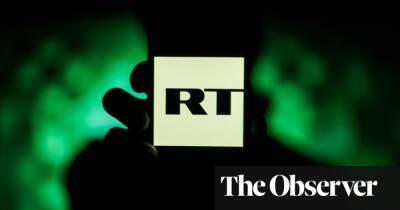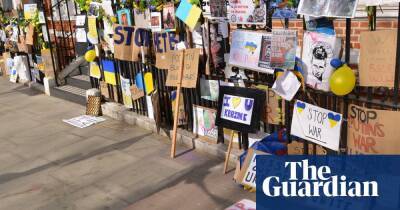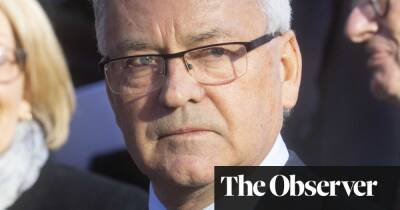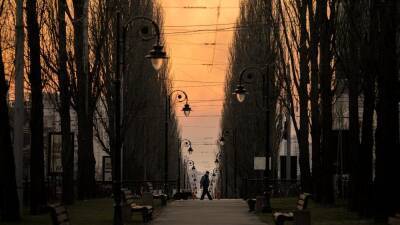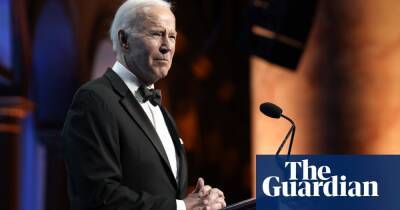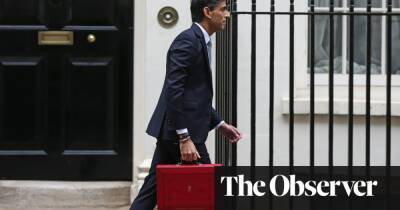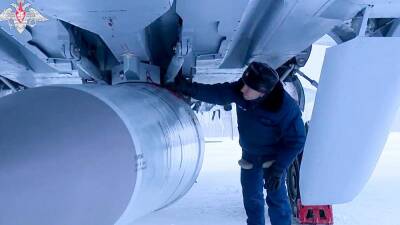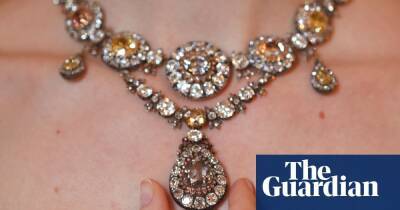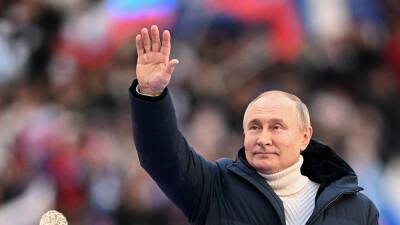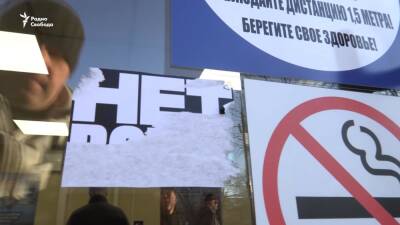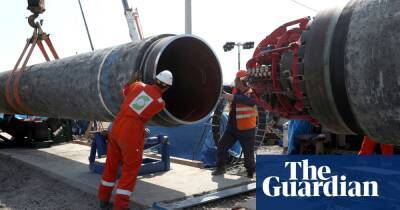Russia oligarchs still able to exploit UK art market loopholes, experts say
Russian oligarchs will be able to exploit legal loopholes around Britain’s art market to evade sanctions and launder money, experts have said, despite Boris Johnson’s claim there will be “nowhere to hide” from a clampdown on Kremlin-linked wealth.
It comes as the Labour MP Chris Bryant said “valuable assets” were likely to be traded by supporters of Vladimir Putin, and called on Christie’s and Sotheby’s – the leading auction houses – to refuse to handle them.
However, experienced advisers said the ultimate “beneficial” owner of priceless art works could still be concealed, aided by the market’s global scale and increasing online presence.
Kremlin-linked cash could also be laundered through collectibles such as stamps, wine and the burgeoning market in non-fungible tokens (NFTs), which do not feature in UK money-laundering regulations dating back to 2017.
Meanwhile, there have been questions about whether Sotheby’s and Christie’s will keep their offices in Moscow, with calls for a boycott of Phillips, a major auctioneer owned by a Russian luxury goods company.
Tremors from the invasion of Ukraine have already rippled through the art market, with Christie’s citing “the current world’s situation” for the recent postponement of an auction of rare Russian avant garde art books, and an ex-CEO of the rival auction house Bonhams leading calls for the boycott of Phillips.
Phillips, which is owned by Russia’s Mercury group, told the Guardian it was “business as usual” and that its auctions were going ahead as planned. However, the company has faced criticism for proceeding last week with a £30m London sale of works by artists including David Hockney, Claude Monet and – a favourite among wealthy Russians – Francis Bacon.
While the company
Read more on theguardian.com


